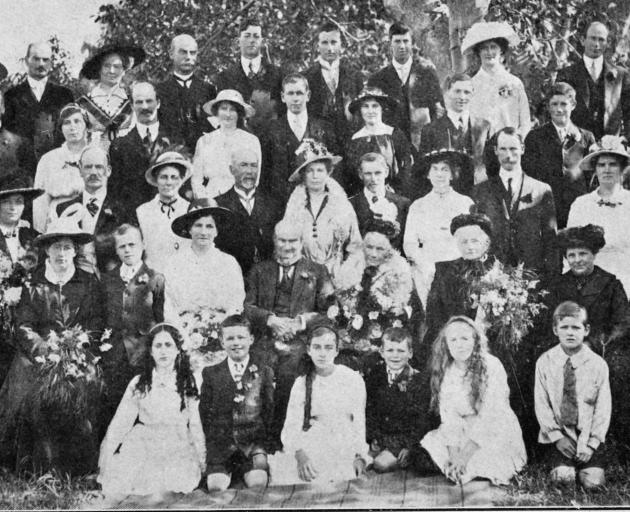
The record of its first year's operations, as supplied by the hon. organiser (Mr F. Norris), indicates that it has made something more than an excellent beginning. The main objects of the league - to make every possible provision for the future welfare of our returned soldiers in civil life, the care and education of war orphans, and the encouragement of the purchase of goods of British manufacturer - are such as must command the sympathy of everybody. The organiser makes some references of special interest regarding the steps taken to secure the welfare of men returning to civil occupations. ``The hardest time of a soldier's life,'' he writes, ``is in regaining his former position in civil life. It is amazing how many people consider that a returned soldier should accept any work offered to him, no matter how menial or uncongenial the nature of the work may be, instead of offering him the best position he is capable of holding.'' Such words, we hope, will be duly pondered so far as they come under the notice of those to whom they are specially directed. Every credit is given the Discharged Soldiers' Department for the excellent work it is doing in helping the men back to civil life, and to the experts of the Department of Agriculture for the time and instruction they have given to returned soldiers, though regret is expressed that the offer of the Technical School authorities to teach trades to men incapacitated from following their former occupations has not been to a greater extent taken advantage of.
At its last meeting the Taieri County Council was advised by the engineer of the damage caused to the Brighton road and the Main South road by the excessive speed of motors using these roads, particularly at holiday time. Delegates from the Otago Motor Club waited on the council at the same meeting, and made the suggestion that the rate of travel should be restricted not only for the sake of the roads but for the safety and convenience of the public. As a result of the conference, the council has decided that the speed of motors and other traffic be restricted on both roads to 15 miles per hour. The council also gave its offers instructions to measure off certain portions of the road with the object of enabling the speed of motors to be checked.
A Little Rakaia farmer recently had a very distinguished gang of harvesters at work on his farm. The farmer started to reap his crop, and as soon as the machine had got a fair start his son began stooking. In a short time a party of gentlemen from Christchurch who were spending the weekend at the Rakaia Mouth - solicitors and members of other professions, together with a well-known clergyman - scaled the fence and were soon hard at work in the harvest field. The amateurs shaped remarkably well, and in a comparatively short time the whole of the crop was in stook. The kindly action of the week-enders was much appreciated by the farmer.
We understand (says the Wairarapa Daily Times) that the recent examination of men in Masterton by the Medical Board disclosed a very disquieting state of affairs. A very large proportion of the rejected men were found to be suffering from tuberculosis. The disease is said to be more prevalent among the Wairarapa men than has proved to be the case with men who have come before the medical boards in any other part of New Zealand. - ODT, 31.1.1917.












